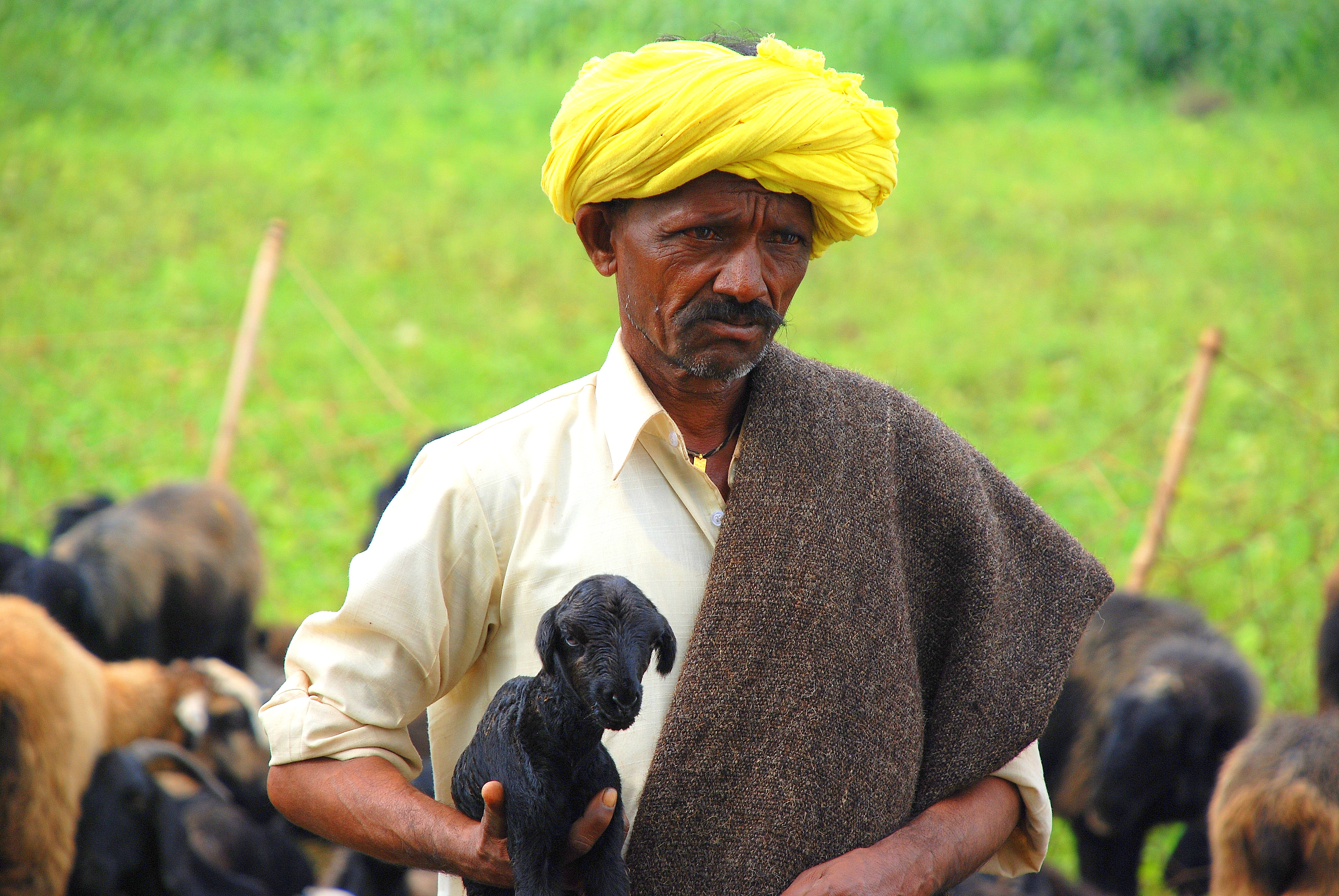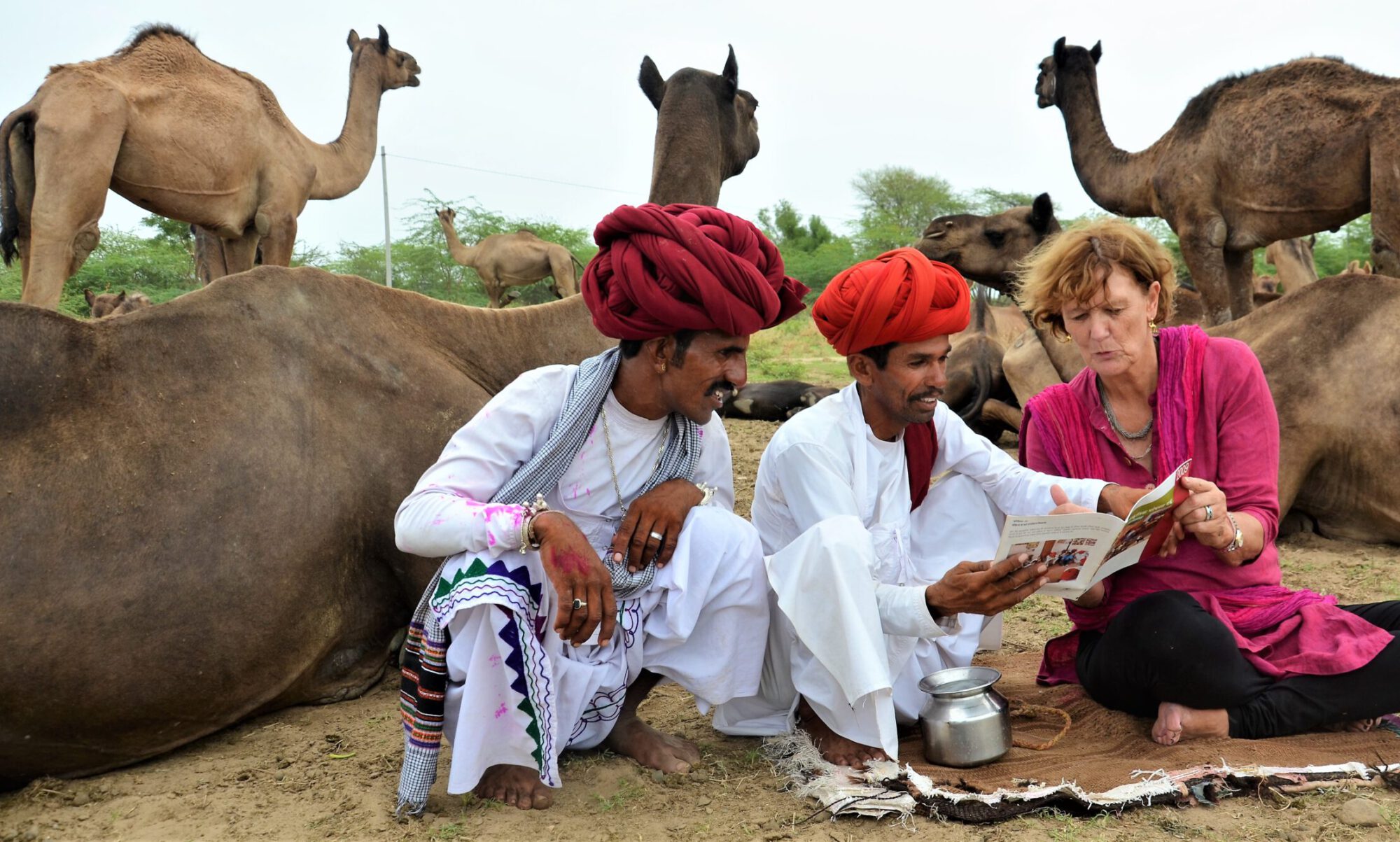
I’ve just gotten off the phone with Guenther Czerkus, a good friend who is not only a board member of LPP, but also a leader of the German professional shepherds’ association.
He told me about a promotional film the shepherd’s association had made about their role in landscape conservation (which is how most German shepherds earn their income – being paid for the environmental services they perform) and about the problems they face.
“We pastoralists are the only ones who actually produce food WHILE also caring for the environment. We are AGRO-ECOLOGICAL SERVICE PROVIDERS” he said.
And I could not agree with him more! This morning I had submitted a somewhat lengthy write-up to the NGO Cluster of GASL, the Global Agenda for Sustainable Livestock, trying to explain why “Livestock Keepers’ Rights” are relevant to GASL. I made the rather laborious and long-winded argument that locally adapted breeds are necessary for the utilization of marginal areas and producing food based on local biomass, rather than soybeans and other concentrates. That more support for such modes of livestock production would lessen the world’s dependence on industrial production and thereby be better for the environment, as well as for livelihoods. That Livestock Keepers’ Rights, a concept born out of the Interlaken process leading to the Global Plan of Action for Animal Genetic Resources, would help create a somewhat more level playing field for such “agro-ecological service providers” and thereby could help achieve some of GASL’s goals.
But Guenther expressed the whole complex issue so much more succinctly: Yes, if we are seeking to answer the question of how to make the livestock sector more sustainable, than the answer is “Support Pastoralism!”.
How I wish that the pastoralists of India would have similar self-confidence and pride! Not only of India, but all over the world, of course. But its Indian pastoralists that are on my mind currently, in light of the proposed law to ban use of the camel for meat, and even forbid moving it across state borders, or castrating male camels – a legislation that will deal a severe blow to the Raika and other camel pastoralists – who really don’t like selling camels for meat either, but don’t have much of an option these days.
If you feel like it, please sign the petition of LPP’s partner organisation Lokhit Pashu-Palak Sansthan at http://www.change.org/p/vasundhra-raje-save-the-camels-of-rajasthan-stop-the-bill-that-will-undermine-pastoralist-livelihoods
and maybe also join GASL by contacting Livestock-dialogue@fao.org

 Follow
Follow